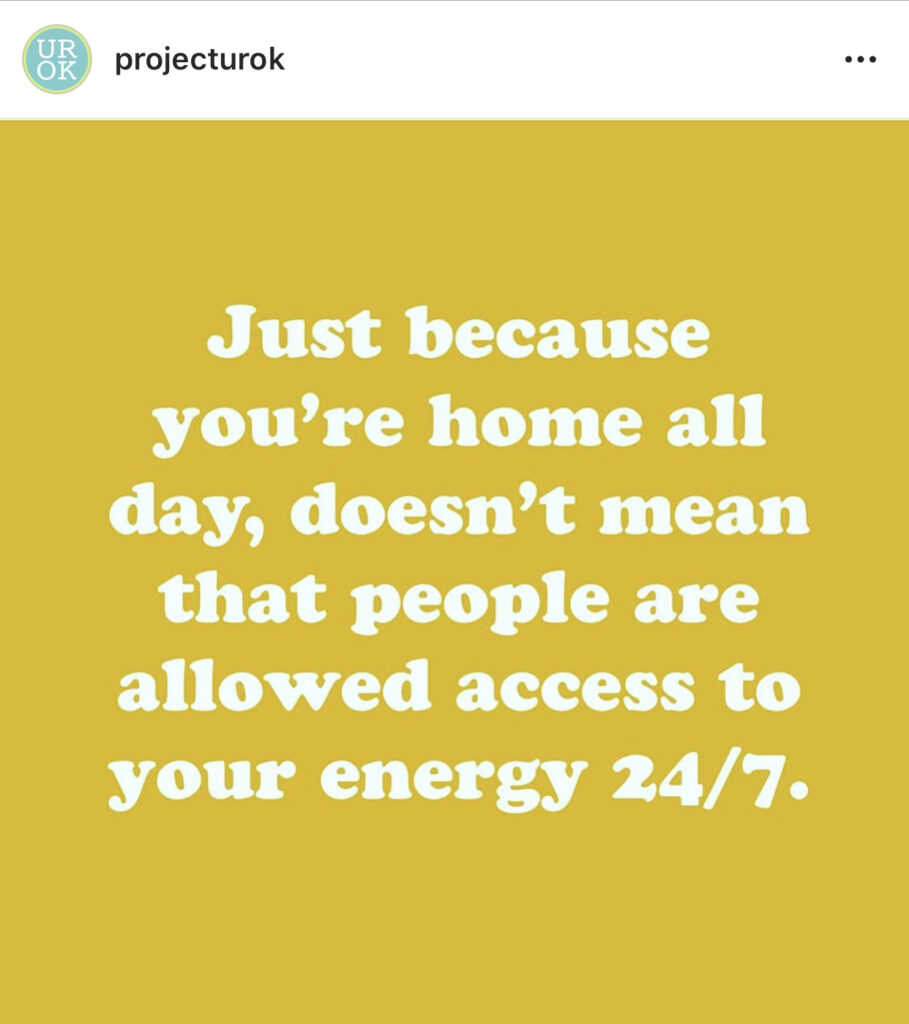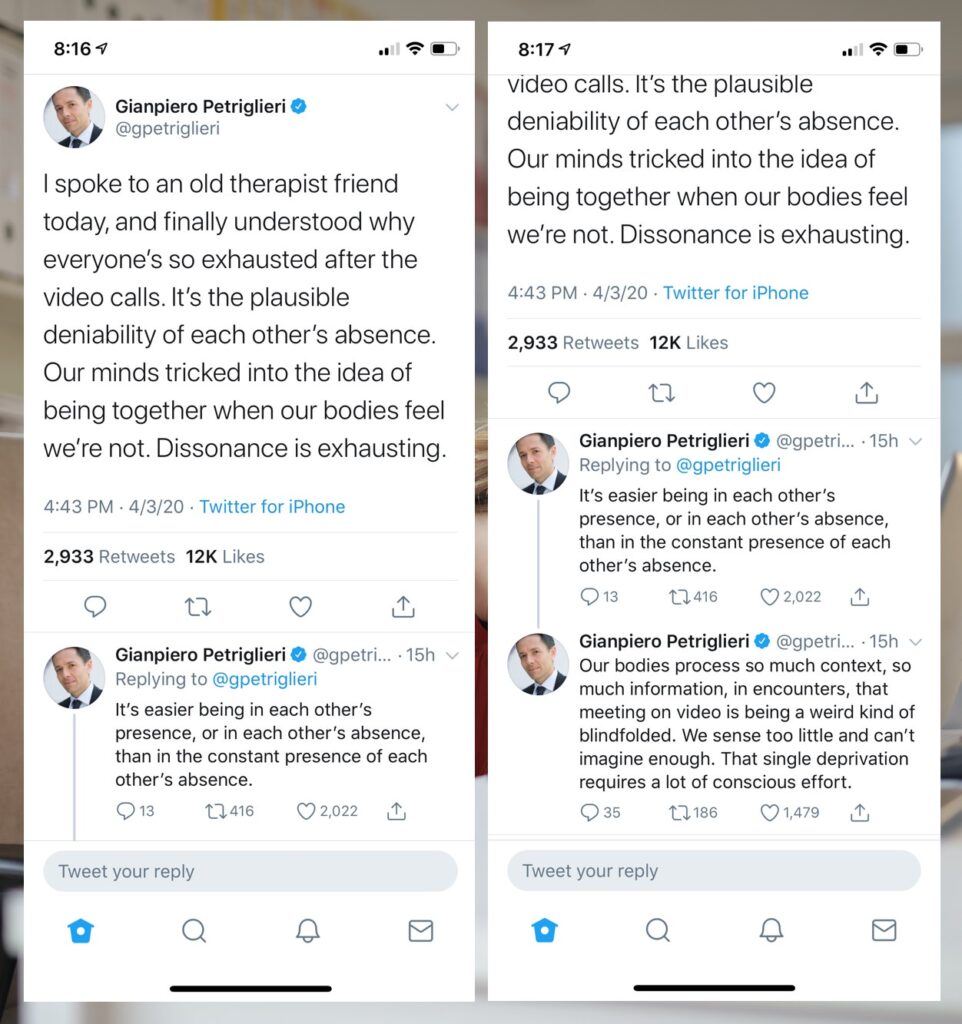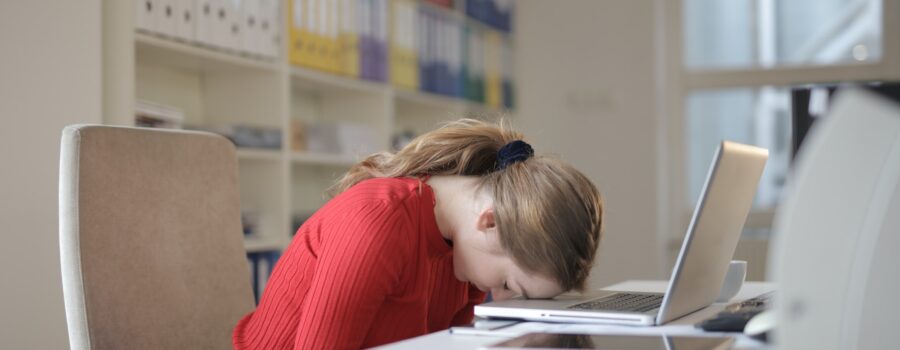By Melissa Foulks, MFT Trainee, West Valley Counseling Center
In the age of technology, we have the ability to connect with anyone around the world at our fingertips. From text messaging and phone calls to FaceTime/Skype/Zoom — and let’s not forget social media — we are constantly (virtually) connected.
Personally, I’ve lived 3,000 miles away from my family and lifelong friends for the past five years now. So, I’ve become very familiar with this way of staying in touch with loved ones. The accessibility certainly helps with the distance, but it’s never the same as a tight hug from a family member or grabbing dinner at a local spot with my old high school friends.
Zooming toward digital fatigue
When COVID-19 got serious back in March and the “Safer at Home” order went into place I thought, “Wow I got this!” I watched my extrovert friends trying to adapt to a new way of getting their socializing fix. Cue Zoom! (If you haven’t heard of it, it’s just another platform to video conference others.) Companies are holding meetings there. Therapists are holding sessions on it. Many schools and colleges started utilizing it for classes.
Zoom has also become popular for happy hours, game nights, book clubs… you name it! But, remember it’s also a place people are learning and working. Between work, education, socialization with friends, and checking in on family, the Zoom/digital fatigue is real as we enter month four of “Safer at Home.”
Setting personal boundaries
I’ve also noticed that since we’re home all the time, people think we’re always accessible. My fellow introverts will feel this one! It’s that feeling where you exist on Zoom all day for work and then friends think they can just bombard you with FaceTime calls to rant about their latest Netflix watch. Though you love that friend and want to share your opinion on the show, too, you find yourself burnt out from all the hours on video already. This is where our personal boundaries come into play!
Personal boundaries are your rules, your means of creating a safe and healthy way for others to behave towards you and how you’ll respond when someone pushes your limit. So, just because you’re home doesn’t mean people have the right to access you 24/7. When friends ask me to join virtual happy hours, I respectfully decline, informing them I’ve had a long workday. When my parents call, I start the conversation with letting them know I’m fatigued but just wanted to say hello.

Set the expectation from the start with your personal boundary and do not be afraid to say no! Though you may be nestled on your couch with professional attire on top and sweats/slippers on the bottom, these virtual conversations are exhausting! (Not to mention staring at a screen all day, trying to look at all the tiny boxes of your coworkers, but you wind up just staring at yourself.)
One of my colleagues brought this tweet to my attention early on when the pandemic hit. It’s stuck with me as the weeks go on. It’s in reference to therapists’ work, but I know it’s touched my friends who work in many different industries. See if it resonates with you…

Set your personal boundaries, it’s okay to say no — and don’t forget to take breaks from looking at screens. Pick up a book, take a stroll in your neighborhood, close your eyes and meditate. These little things add up to hopefully keep you from feeling the Zoom/digital fatigue. Finally, remember this won’t last forever.
Are you feeling digitally fatigued? Our team at the Ventura Counseling & Wellness Center is offering private telehealth appointments with our therapists, as well as virtual groups. Get in touch with us to learn more.





